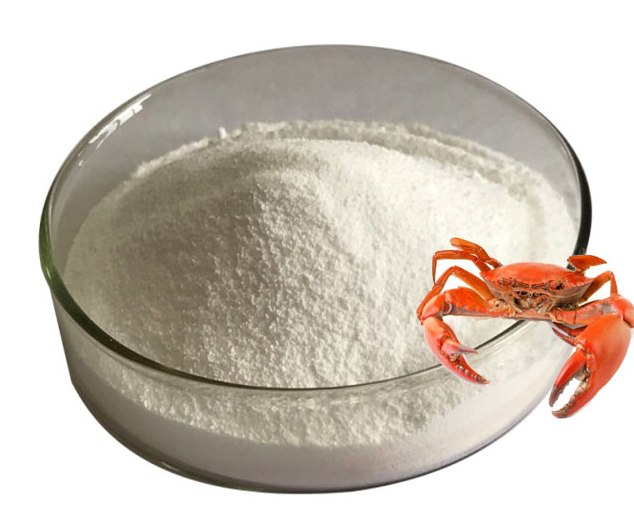
Exhibition time: 17-19 March, 2026 Shanghai, China
 中文
中文

Exhibition time: 17-19 March, 2026 Shanghai, China
 中文
中文

Key words of the passage: chitin; plant; definition; benefits
Chitin is common in fungi cell walls, crustacean and insect skeletons and fish scales, among other places. It is the second most abundant polysaccharide, after cellulose, and rich in nitrogen, calcium, magnesium and other vital minerals required for healthy microbial activity. When released in the soil, chitin increases the availability of nitrogen to soil microbes and plants.
Chitin, which occurs abundantly in arthropods' exoskeletons, is ground and tilled with soil, where it releases back nitrogen. Soil-forming earthworms and other soil microbes can pass the nitrogen to plants, which use it to form chlorophyll. Plants require chlorophyll to use sunlight energy. The other mineral and elements are also vital for various aspects of plant health, including flowering, root health and resilience. In crustacean meals, chitin is part of a formula with other essential plant nutrients.
Source: GREENWAY
